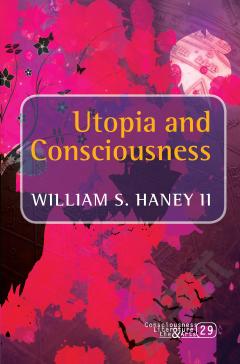Utopia and Consciousness
In his book Archaeologies of the Future: The Desire Called Utopia and Other Science Fictions (2007), Fredric Jameson analyzes the multiple components of utopia and the possibility of achieving utopia in the near future. As this book argues, however, human civilization will never achieve utopia unless humans reach a state of pure consciousness in which they will use their full mental potential and avoid making blunders in life that would undermine the possibility of a utopia. This book develops a non-teleological, comparative poetics between Western and Sanskrit literary traditions by analyzing their opposing theories of language, consciousness and meaning. This comparison seeks to demonstrate the complementary nature of their two perspectives: the objective, conceptual emphasis of contemporary Western theory; and the subjective experiential emphasis of Sanskrit poetics. The potential contribution to the West of Indian culture in general, and Sanskrit poetics in particular, centers on the phenomenon of direct experience. Without the direct experience of pure consciousness, humans will not achieve a state of utopia because they will remain entangled in materialism without access to idealism or spiritualism available only through the direct experience of the unity of pure consciousness or the void of conceptions.
{{comment.content}}








 京公网安备 11010802027623号
京公网安备 11010802027623号